Find out more about the history of the famous radzyń cheeses...
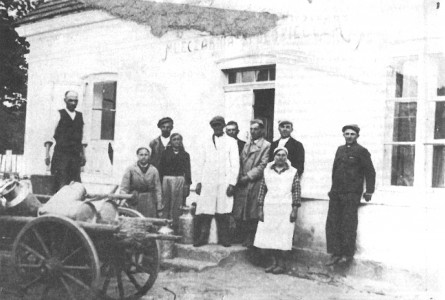
Spomlek Dairy Cooperative [Spółdzielcza Mleczarnia „Spomlek”] in Radzyń Podlaski near Lublin takes over the assets and achievements of the first dairy cooperative in the Kingdom of Poland founded in Wola Skromowska in 1909 by Zygmunt Chmielewski. A year later, this dairy pioneer launches a dairy company in Stara Wieś and next in 1911, backed by his associates, in further locations, including Białka, Paszki Duże and Wohyń near Radzyń.
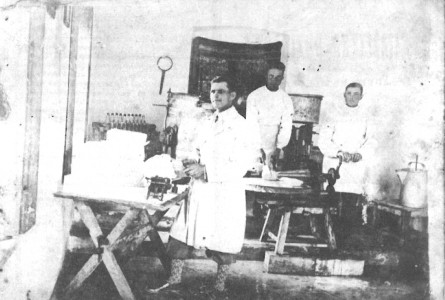
Local farmers set up an initiative of erecting a small dairy plant at Lubelska Street in Radzyń Podlaski to make butter and cheese.
The plant is renamed as the District Dairy Cooperative in Radzyń Podlaski [Okręgowa Spółdzielnia Mleczarska w Radzyniu Podlaskim]; Seweryn Czerwiński is appointed general manager.
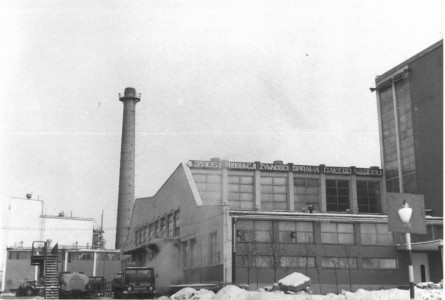
16 July marks an important event in the history of the Company but also of the entire town and region. A new dairy plant opens at Kleberga Street in Radzyń Podlaski; the Company turns over a new leaf. The largest and most modern dairy plant in the region of Podlasie offers unprecedented production capacity and opportunities.
The cooperative launches Poland-first continuous butter production line.
30 November, Gouda from Radzyń Podlaski wins the first prize at the 12th National Cheese Competition in Olsztyn.
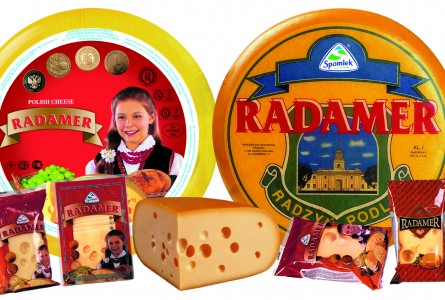
At the beginning of the 1990s, the cooperative becomes the first Polish company to make Swiss-type cheese with walnut-sized eyes (holes). First Polish Swiss-type cheese adopts the name of Radamer, which combines the names of the production site and the original Swiss cousin. Radamer’s characteristic, sweet flavour gains recognition among consumers.
Ever since, the Company’s Swiss and Swiss-Dutch cheeses have been enjoying unflagging interest.
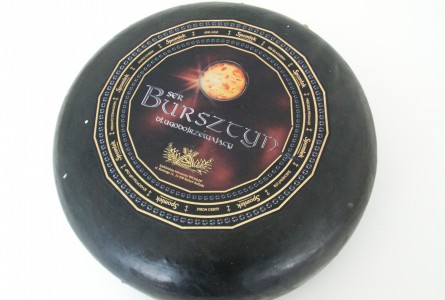
The first Polish long-aged cheese, Bursztyn, makes its début at the Radzyń Podlaski plant. Bursztyn in Polish for amber. The cheese inaugurates the family of local cheesemaking “gems.” Bursztyn designers draw inspiration from the prestigious National Cheese Competition, which saw the successful launch of Radamer in 1982. Spomlek takes up a new challenge of production of long-aged cheeses.
hanges to the Company’s Management Board. The Supervisory Board dismisses the general manager, Szczepan Skomra. On 1 September, Edward Bajko is appointed new general manager.
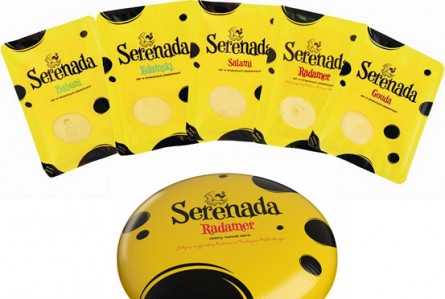
Another long-aged cheese, Rubin (Eng. ruby), hits the stores. A few months later, the Serenada and Old Poland brands are established. When marketing the Serenada and Old Poland cheeses (Bursztyn, Rubin), Poland-first cheese brands, Spomlek does not expect the success that follows. The distinctive yellow and black-eyed packaging of Serenada becomes a distinguishing attribute of the Company.
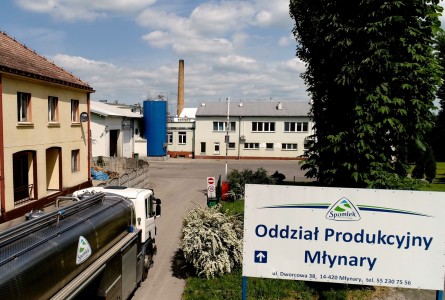
Partial merger with the District Dairy Cooperative in Elbląg. This milestone in the Company’ growth policy affords new opportunities of large-volume resale through retail and discount chains.
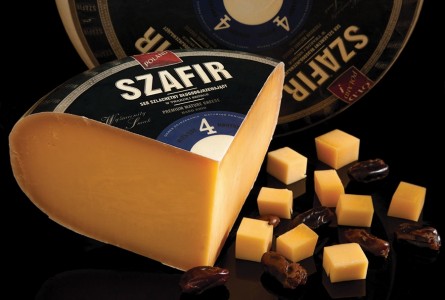
The Old Poland brand gets a new “gem” – Szafir (Eng. sapphire) hits the stores Poland-wide.
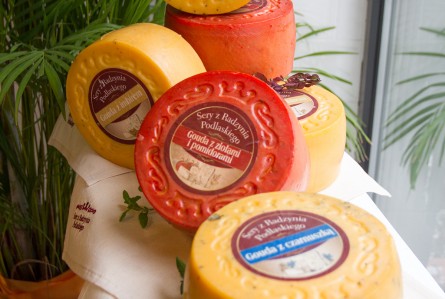
Merger with the District Dairy Cooperative in Chojnice. The regular production of the Cheeses from Radzyń Podlaski brand is launched; the town’s official coat of arms is imprinted on the label.
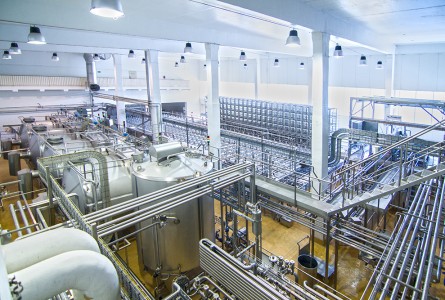
An embargo is imposed on cheese export to Russia.
After the extension of the Chojnice plant, cheesemaking in tubs is discontinued to give way to modern boilers.
The beginning of production of the WPC 80 whey protein concentrate.
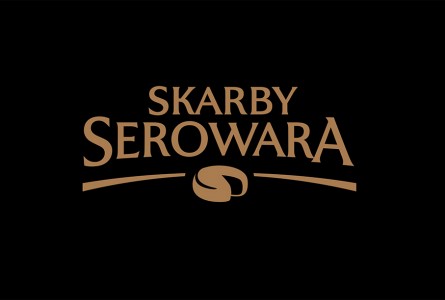
A modern production line is commissioned in the Chojnice plant.
The Old Poland brand is renamed as Skarby Serowara (Eng. Cheesemaker’s Treasures).
Spomlek receives financial backing to run energy-efficiency improvement projects. The boiler facility is upgraded and automated; bag house filters are built up, and a new fume heat recovery system is installed.
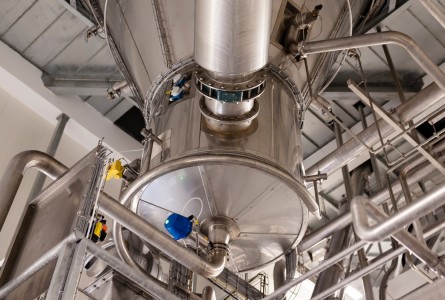
A vacuum cheese packaging machine is acquired for the Chojnice plant.
New investments in the powdered products department.
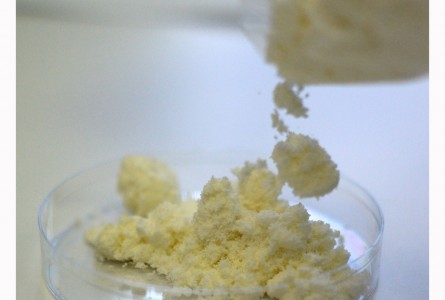
The beginning of production of the WPC 95 whey protein isolate.

